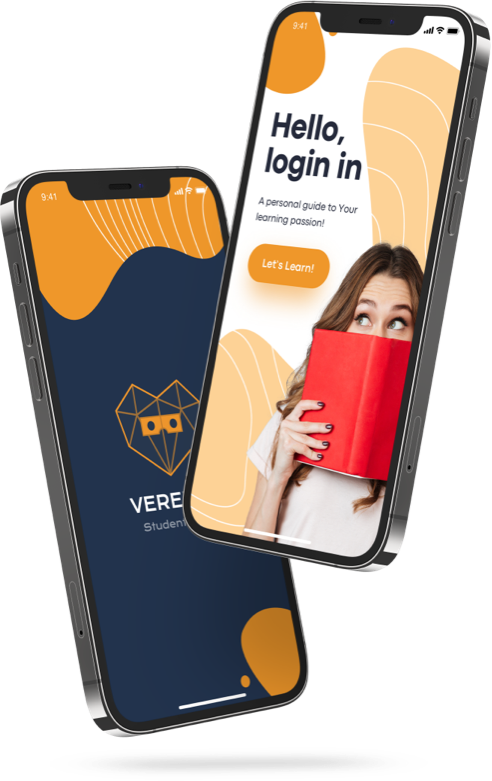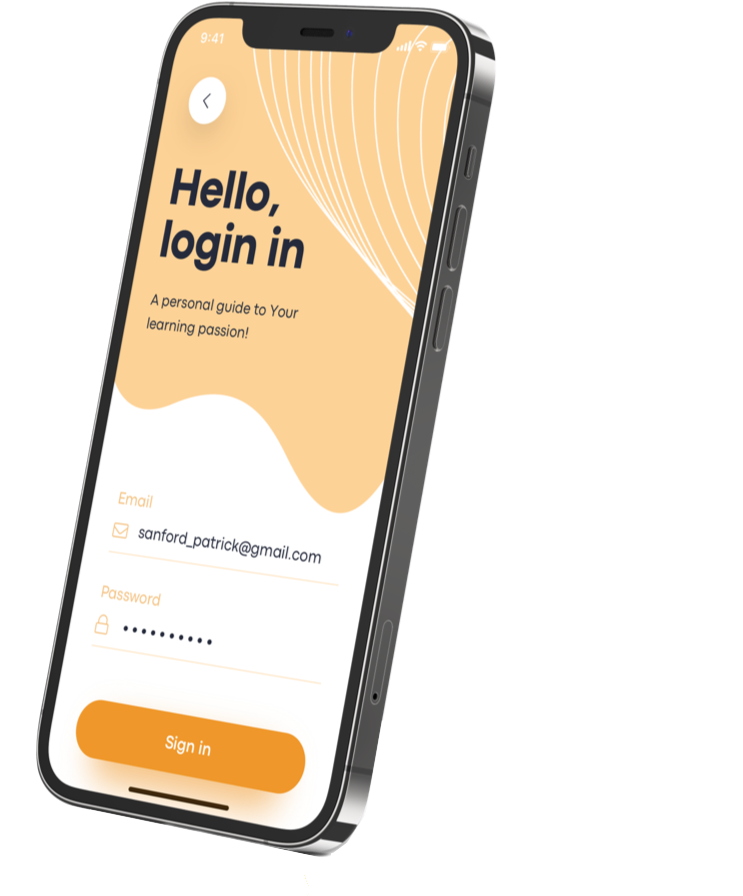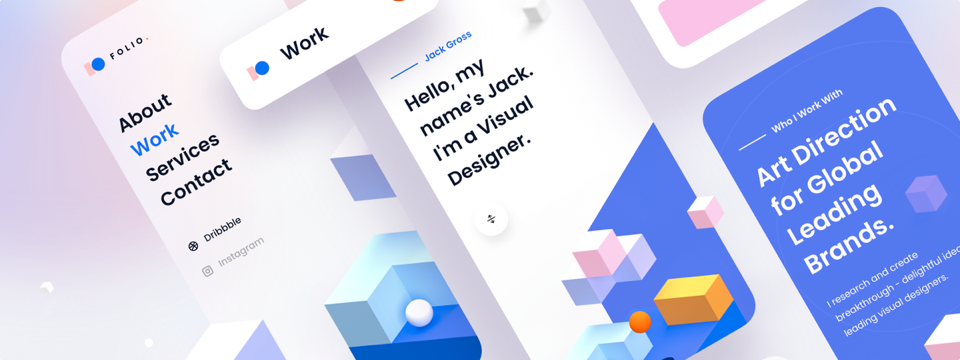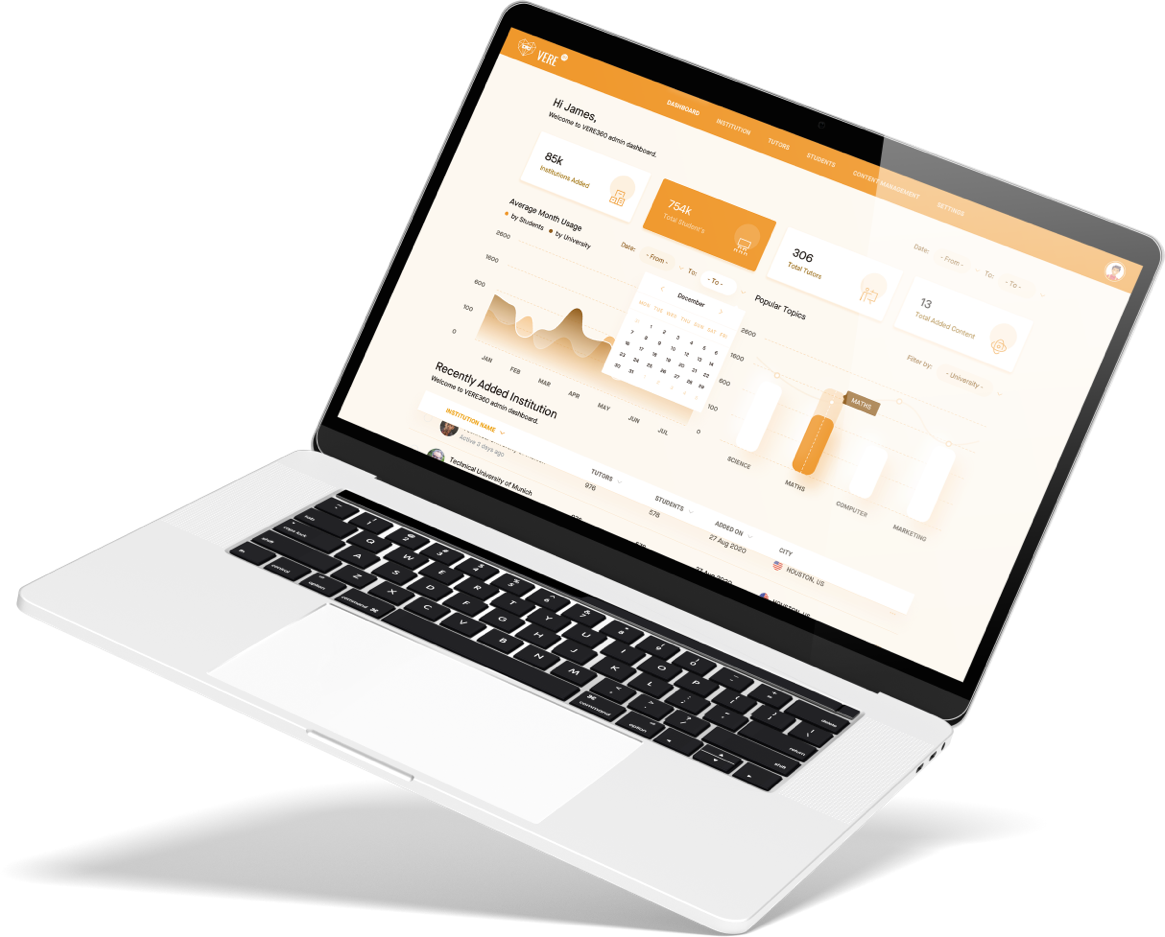
Industry: Education (EdTech)
Services Offered: Web App, iOS and Android app development, VR technologies, AI in apps
Core Technologies Used: Node.js, Angular JS, Mongo DB, Native iOS (Swift) and Android (Java)
Country: Singapore
Project Duration: 5-6 months
Vere360 is Singapore’s fastest growing experience learning based EdTech startup for schools (K12) and organizations (vocational). It brings a modern edge to learning methods and pedagogy by using immersive VR technology to deliver. The platform is currently on offer through its web and mobile apps (students only) and developed for schools (K12, STEM, Environment, Mental Health etc.) and organizations. As mobile app development company with AI and AR/VR capabilities, Day One is working alongside Vere360 as their technology partner, to build a smart, sleek, custom web and mobile platform that offers value in a simple yet sophisticated way.
Day One was started with a vision to take technology to everyone – the small businesses and the enterprises. So, when we were contacted by Vere360 (via LinkedIn), a Singapore based EdTech startup, we were really excited.
The idea of using VR based immersive technology to create a learning platform for K12 students and adult professionals sounded challenging enough. We knew this would be an enriching experience for us. We had already been working with clients in Singapore and APAC region, and with the potential Vere360 had, felt humbled and honored at the same time.
When we discussed the project details for over an hour with Vere360’s team – about our AI technology, AR/VR development services, and mobile app capabilities, we realized that our visions are aligned. And though there were several other prominent vendors pitching for the project, the Founders chose us.
That was day one for us – literally, as we embarked on this new adventure.


Some exciting news to share:
While building the web and mobile platform for Vere360, the Founders were already on the lookout for Investors. We didn’t have a MVP ready – but we had a foolproof idea and stellar wireframes and UI/UX designs done. The team was able to raise initial investment using the Wireframes and Designs only!
We knew our collaboration had potential – and we just experienced it!
Roadblocks on the way: Challenges we faced
Fascinating as the concept of using VR technologies for learning is, it comes with its own set of challenges. VR is an emerging technology - and though its use has been expanding at a breakneck pace across EdTech and retail sectors, there’s still lack of skilled professionals working on building software solutions.
While we had been building mobile apps with AI solutions for some time now, the integration with VR capabilities would be a divergence for us too. Here’s to some of the obstacles we encountered:

User Diversity
Platform would cater to students, educators, institution from across South East Asia with separate Admin panel.

Adaptive Learning
AI tools to understand individual learning style, facilitating self paced learning, personalizing content etc.

Seamless Onboarding
Platform to support seamless onboarding of diverse users across devices and location

Interactive
Online/remote learning to be facilitated with VR tools and engaging content to keep learning interactive

Security
Content safety and security, especially during sharing videos and proprietary lesson plans

Project Timeline
Considering business plans, investments and goals, the MVP was targeted at 20 weeks development timeline
Our Strategy: How we got it right
It didn’t come as a surprise to us that we had vastly underestimated the potential of the platform. We understood its current capabilities, scope and goals - but what or rather how it could transform into a billion dollar idea in the future wa something we hadn’t foreseen. Especially with the inclusion of AI services for mobile app development, we were looking at a global revolution in education.
Our immediate strategy therefore was to proceed for the short-term, while preparing for the long-term. We compartmentalized releases into 3 phases to begin with, so as to deliver value at every stage.
Phase 1 Web &
Mobile App
- Build web-app interface to onboard institutions (via Admin), educators and students
- Access to educators/tutors to upload, edit, share lessons with registered students
- Format supported PPTs, PDFs, YouTube or personal model
- Mobile app for students to attend online/offline class (wit class code) and 3D models
Phase 2 2-way
Communication
- Focus of Phase 1 is content delivery through accessible technology
- Focus of Phase 2 would be on integrating VR functionalities and adding interactive lesson features (by building SDK using proprietary hardware + Google Glasses – suggestive)
- Also, build capabilities for 2-way interactive communications
- Include VR video technology and new 3D models
Phase 3 Scale/ Feature
Enhancement
- Phase 3 would involve scaling the platform and building apps for educators and institutions
- This phase would also include adding new features and functionalities, advanced use of AI technology, enhance UI/UX design elements, integrate with other platforms etc.
- Market expansion across APAC




